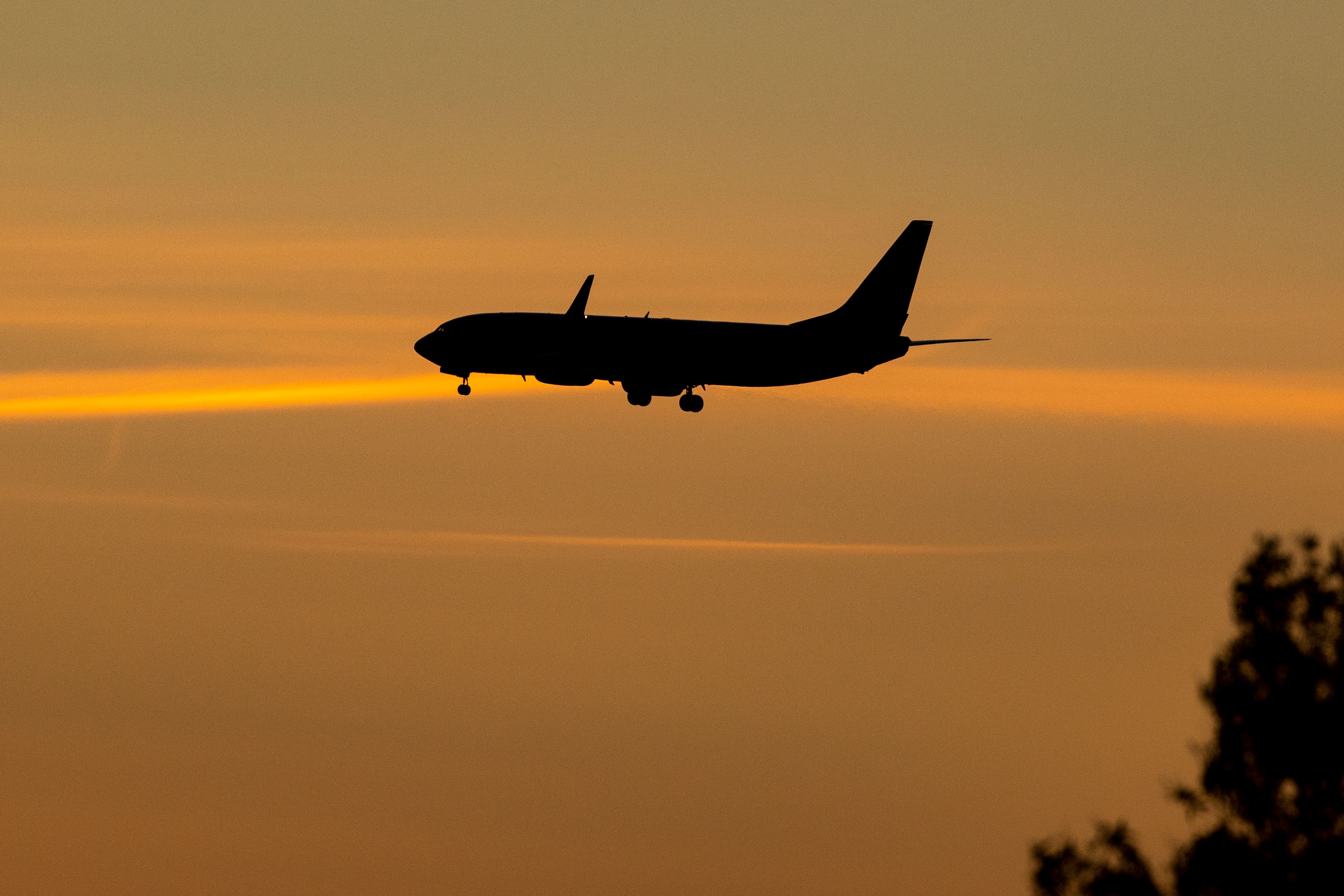Trivago boss cautions over strike hit to travel sector amid summer chaos fears
Trivago chief executive Axel Hefer said passengers ‘need predictability’.

Your support helps us to tell the story
From reproductive rights to climate change to Big Tech, The Independent is on the ground when the story is developing. Whether it's investigating the financials of Elon Musk's pro-Trump PAC or producing our latest documentary, 'The A Word', which shines a light on the American women fighting for reproductive rights, we know how important it is to parse out the facts from the messaging.
At such a critical moment in US history, we need reporters on the ground. Your donation allows us to keep sending journalists to speak to both sides of the story.
The Independent is trusted by Americans across the entire political spectrum. And unlike many other quality news outlets, we choose not to lock Americans out of our reporting and analysis with paywalls. We believe quality journalism should be available to everyone, paid for by those who can afford it.
Your support makes all the difference.The boss of accommodation search website Trivago has cautioned over the impact of strikes across the travel sector in Europe as warnings mount over a summer of chaos for passengers.
Trivago chief executive Axel Hefer told the PA news agency that if the current wave of strikes become the “new norm”, it may start to impact holidaymaker demand for overseas travel.
He said: “When you travel you need predictability and to know what your experience is going to be like.”
He added: “If this is the new norm with strikes coming out of nowhere, I think that will hurt the whole industry.
“More people will shift from going abroad to going domestic, which is something we saw during the pandemic.”
Travellers are going for a similar experience but at a slightly cheaper destination
The comments come as airports and airlines are facing worker strike action in the UK and across Europe amid disputes over pay during the cost-of-living crisis.
Industrial action is planned at Heathrow Airport in the coming weeks, with about 1,400 airport security guards set to stage eight strikes in a dispute over pay, including during the coronation of the King.
It follows action over the Easter holidays, although Heathrow said it was able to keep the airport running “smoothly” thanks to contingency planning.
Unite has also said passengers at Edinburgh Airport could face a “summer of travel chaos” if workers vote to take strike action, including members employed in security, terminal operations and search areas.
There is a concern in the industry that strikes could hold back the bounce back in international travel, which has widely been expected to rebound to pre-pandemic levels this summer.
But Mr Hefer said Trivago had not yet seen any impact of the strike fears in its booking data.
First quarter results from Germany-based Trivago, which is majority-owned by Expedia, show the benefit of the overseas travel recovery and in particular the reopening of China after it lifted Covid restrictions.
Net income swung from a 10.7 million euro (£9.4 million) loss to a 9.9 million euro (£8.7 million) profit in the three months to March 31, with year earlier results impacted by a fine in Australia.
Underlying earnings fell 12% to 18.6 million euros (£16.4 million), as higher spend on advertising offset a 9% jump in revenues.
The group said: “We started the year with optimism as finally the pandemic has turned endemic globally.
“However, macroeconomic uncertainty remains high.
“While consumers continue to face challenges from high inflation and increased interest rates in the developed world, geopolitical tensions remain at elevated levels.
“In this environment, we have seen a greater focus on profitability among our advertisers, even while consumer demand for travel around the world has continued to be strong.
“We have seen, for example, the start of a strong recovery in travel in Asia driven by Japan and the reopening of China.”
Mr Hefer told PA that travellers were reacting to the cost crisis by shortening the length of their stays abroad and switching destinations.
Instead of choosing previously popular destinations such as Spain, the US and Italy, holidaymakers are now choosing Greece, Mexico, Morocco and Turkey, which are offering more affordable trips.
“Travellers are going for a similar experience, but at a slightly cheaper destination,” said Mr Hefer.
“We expect that to continue.”